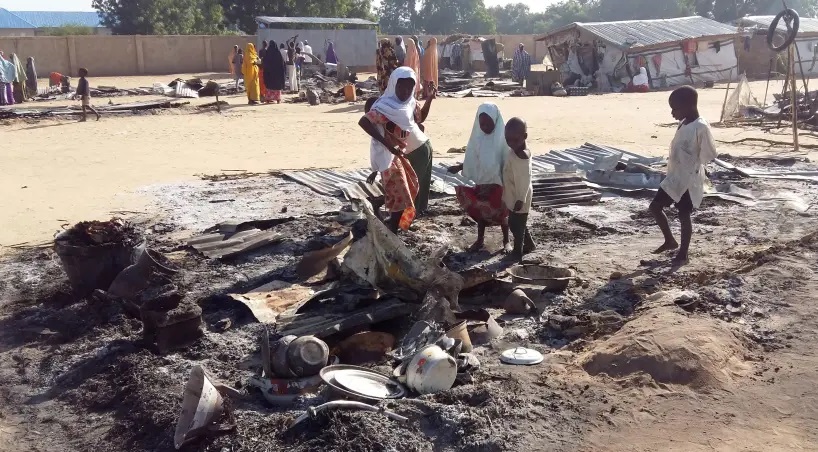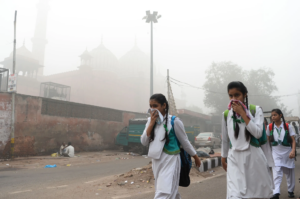The US decisions in Africa could send a message to groups destroying northern Nigeria, like Boko Haram, that the US is not committed in the long term.
The US is withdrawing personnel from the conflict in Somalia.
For more than a decade, depredations by Al-Shabab, a group linked to global Islamist terror, have necessitated focus by the international community. The group has spread terror beyond Somalia, affecting Kenya and East Africa.
At the same time, Islamist terror attacks in Nigeria and across the Sahel have increased in recent years, despite the role of the US in Niger and France across the Sahel.
The US decisions in Africa, which look to reduce America’s very small footprint on the continent, could send a message to groups destroying northern Nigeria, like Boko Haram, that Washington is not committed in the long term. While Somalia is very far from Nigeria, these groups, which are affiliates of various extremist global groups such as Al Qaeda or Islamic State, follow regional news and understand that if Western governments and the US are not committed then they could increase their attacks.
In a recent attack in Nigeria, around 110 people were murdered. These were farm workers. France24 says the attacks were carried out by jihadists; the UN has said it was the deadliest attack this year.
These attacks look increasingly like ISIS-style genocide and they have included targeted killings of Christians and Muslims as well as the kidnapping of women and children. The only reason this has not been treated with the seriousness with which ISIS was treated in Iraq and Syria appears to be that most countries do not consider African states a priority. For this reason, extremist groups have penetrated further and further in recent years, destabilizing and spreading terror to the Central African Republic and many other states.
While in some cases the extremists have been pushed back, such as they were in Mali, in other places they appear to be spreading.
There is not enough reporting on or coverage of this vast land area. The attack in Niger on US special forces in 2017 revealed the problems that weak borders, non-governed areas and neglect have had in understanding that there are not only lawless areas but also extremists operating across borders with relative ease.
A further problem is that analysis of the attacks tends to be caught up with trying to prove that what appears to be a religious extremist conflict driven by Islamists, are really tribal or economic regional issues, or even linked to things like migration and climate change. This toxic mix of tribal, religious and economic issues sometimes gets lost in the debate about the root causes as opposed to one on how to effectively defeat and end the destabilization that has taken place.
Decades of this in Somalia have shown how ineffective any campaigns have been. Peaceful areas of Somalia, such as Somaliland, which declared independence in the 1990s, are not sufficiently supported, nor are lessons learned from their stability. Not enough is therefore done to bolster and invest in the stable areas and in countries, such as Senegal, to use them as a way to project power and influence.
The US signals on Somalia show that even less may be done now, risking more areas of the continent. The ISIS inroads in Mozambique this year, for instance, may be an image of worse to come.
Artcle jpost









More Stories
Why are right-wing parties winning the European Union elections?
Why is the weather pattern changing in countries around the world?
Pakistan Retaliatory Strikes In Iran, Day After Warning of “Consequences”